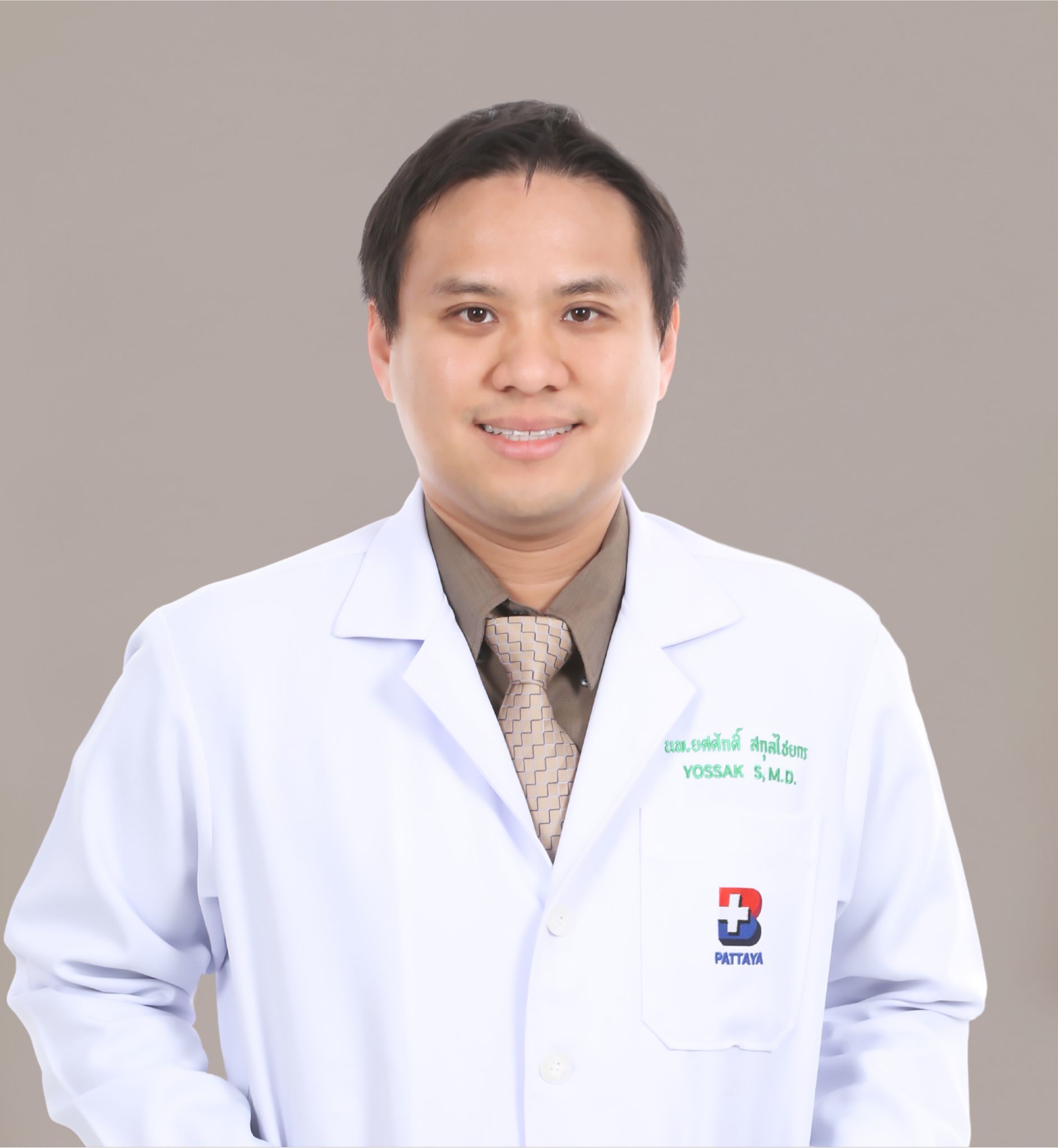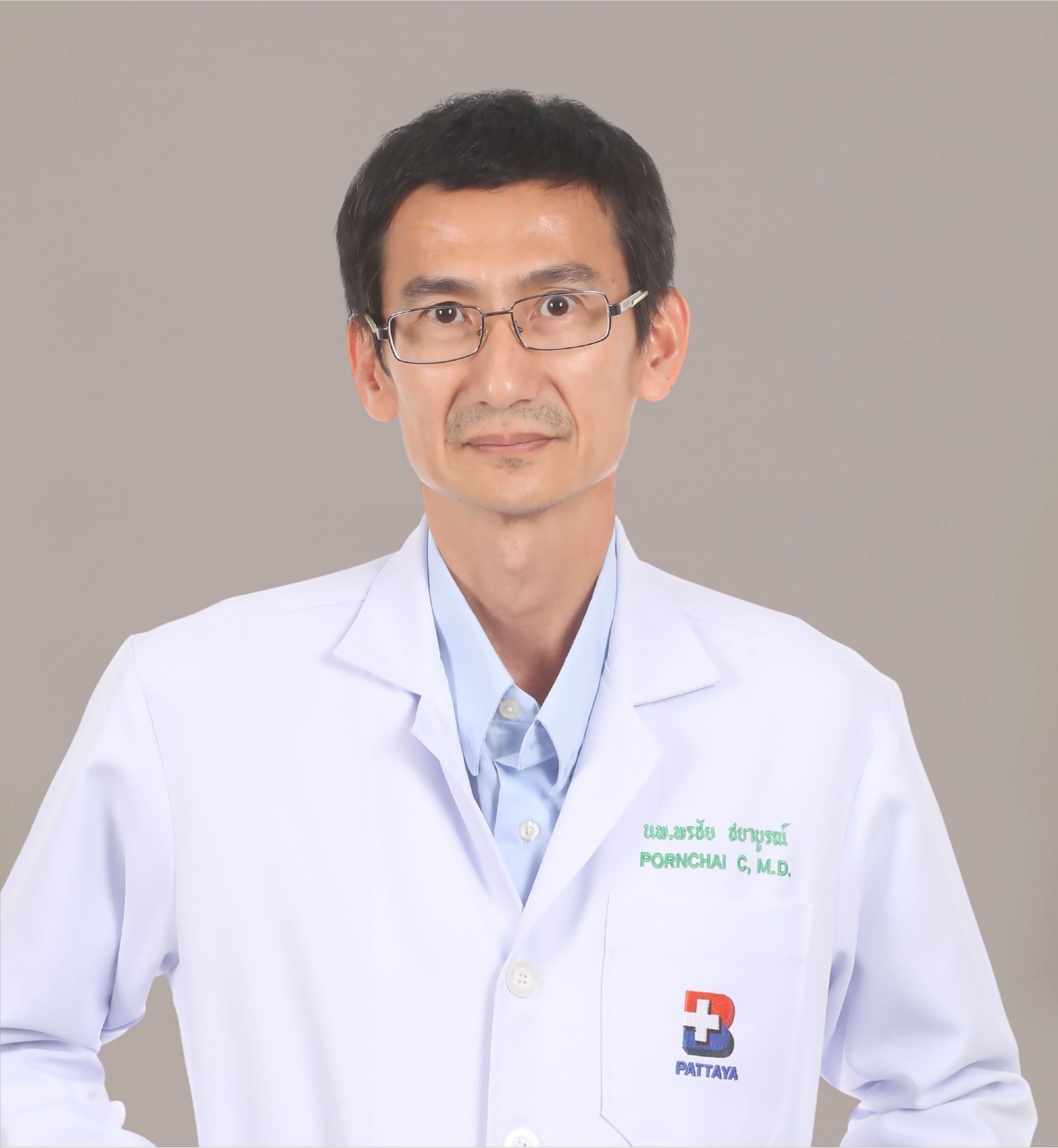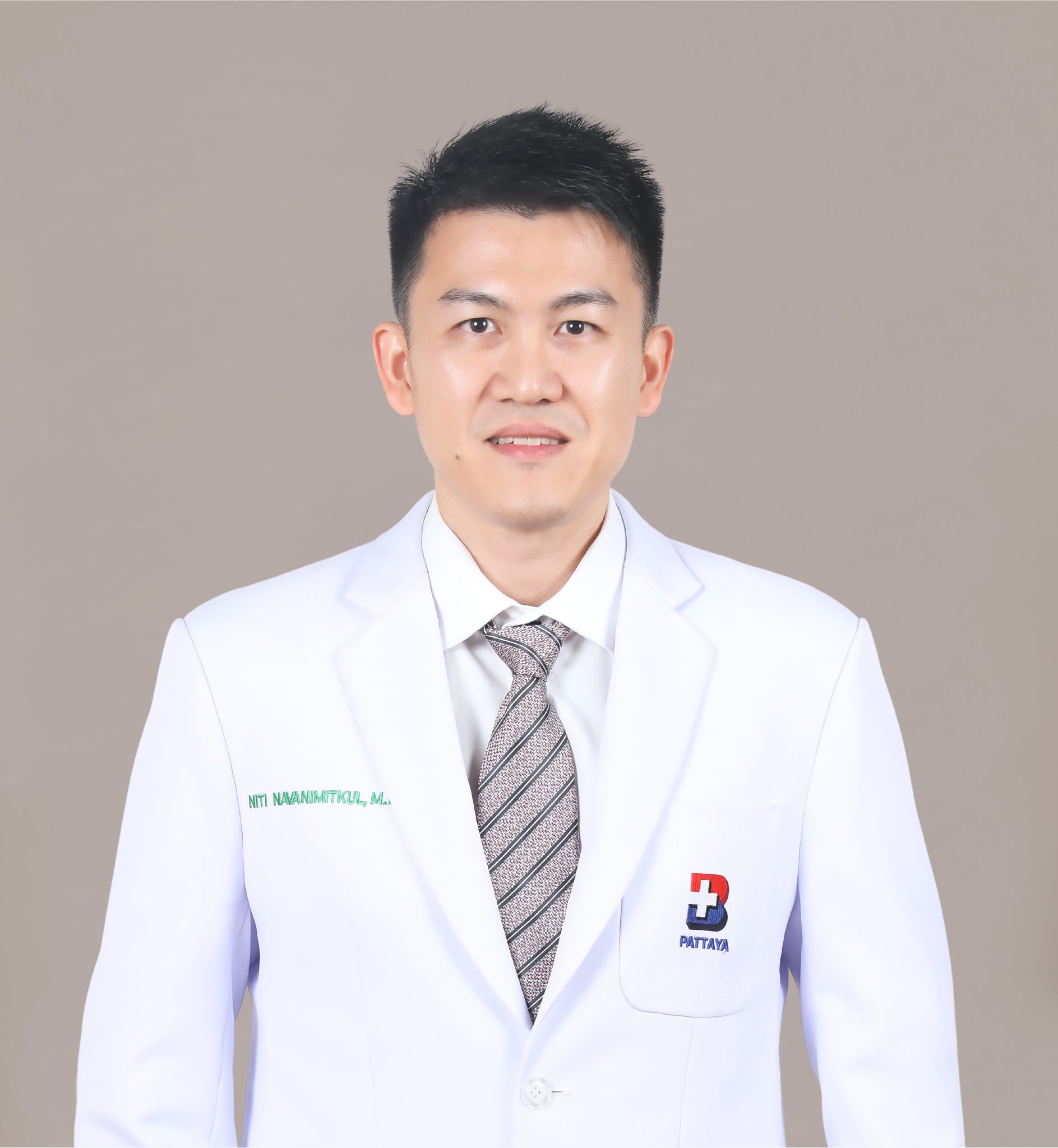
Water Vapor Therapy (Rezum)

A new minimally-invasive procedure to treat enlarged prostate
Benign prostatic hyperplasia (BPH) is a condition that affects half of all males over the age of 60, and 80% of males aged over 70. BPH results in urinary issues, such as frequent urination, an inability to hold urine long enough, slowness of the urinary stream, or difficulties starting to urinate. All of these are symptoms that can easily affect the life quality of patients.
The most common forms of treatment for BPH have traditionally been drugs and surgery. However, there is now an innovative new treatment available to patients who are fearful of going under the surgeon’s knife and for whom medication poses a problem due to potential side effects. Additionally, extensive studies of water vapor therapy have resulted in its levels of efficacy and safety being proven. As such, this form of treatment was accredited by the American FDA as far back as 2015, while the Thai FDA has also approved its use.
It is a simple but effective form of treatment for BPH that is deemed extremely safe due to water vapor being the only substance used. The therapy takes a mere 10–15 minutes to complete when administered by a trained medical professional using the appropriate equipment, which includes an endoscope being inserted into the prostate via the patient’s urinary tract. After this, medical staff will introduce water vapor of 103° Celsius into the prostate through the endoscope in approximately 4–6 jets depending on the size of the prostate. Each jet of vapor lasts just 9 seconds, which is enough time for it to reach into the gaps between cells, destroying those that were suffering from apoptosis before the body naturally flushes the dead cells away. The result of this therapy is a decrease in the prostate’s size and an enlarging of the narrowed urinary tract, allowing urine to pass more freely through it.
Once the therapy is complete, medical staff will fit a Foley’s catheter into the urinary tract, which will stay in place for around 5-7 days so that patients do not need to urinate by themselves. The catheter ensures any swelling goes down quickly and that recovery times are accelerated. After the catheter has been removed, patients may experience difficulties when urinating due to some residual swelling. A burning sensation and slight bleeding may also occur when urinating for approximately 4–6 weeks following the procedure, with blood also possibly finding its way into the sperm of patients during this time. Nevertheless, these symptoms generally improve within 2 weeks and a full recovery is usually possible within 6 weeks.
- As it involves an endoscope being inserted through the natural route of the urinary tract, no incisions are necessary
- There is no need for a general anesthesia; intravenous sedation, pain relief, and local anesthetics are sufficient.
- The procedure only takes a short time to complete.
- There is no need for an overnight stay in hospital.
- The risk of erectile dysfunction is reduced.
- This treatment is suitable to groups deemed at high risk from surgery.
- It produces long-lasting results, with 5-year studies showing a general trend of lasting effects when symptoms are monitored every 2–5 years thereafter.
Water vapor therapy is suitable to patients who have been diagnosed with BPH or those with symptoms associated with the prostate gland, including the following groups:
- Those aged over 50
- Men with a prostate weighing between 30–80g
- Patients who have been unresponsive to medication or who have suffered side effects resulting from medication use
- Groups with conditions unsuitable to surgical treatment that requires a lengthy period under general anesthetic
- Men with no sign of a urinary infection
- Patients who do not have a penile prosthesis
分享 :






